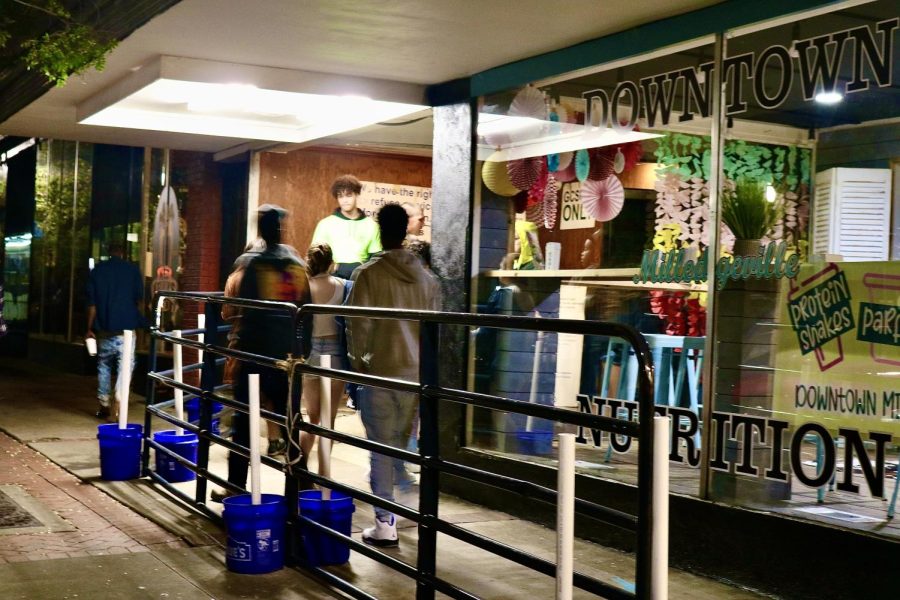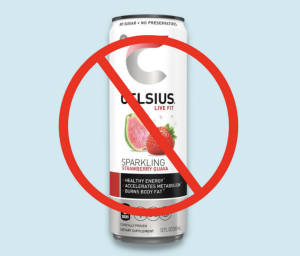GC’s impact and impressions on the people of Milledgeville
October 20, 2022
GC is the whitest school in GA, and a large portion of the college’s students come from middle-class or upper-middle-class families. Yet, Milledgeville is a racially and economically diverse city.
GC students often refer to locals as “mocals.” Despite GC students’ acceptance of the word as commonplace, its pervasiveness raises concerns regarding GC’s impact on Milledgeville.
Stephanie McClure, sociology professor, believes the demographics of GC’s student population make Milledgeville prone to intercommunal conflicts.
“The truth is, ‘town and gown’ conflicts like this, are pervasive,” McClure said. “They are more extreme in university towns where the composition of the student body is, demographically, very different from the surrounding community.”
In her opinion, the term “mocal” is not the problem.
“The word itself is fine. It is, colloquially, kind of charming, right? I like ‘small’ for the mall. I think that is awesome. It is a small mall, so we call it the ‘small.’ It is great, right? It fits.”
However, she is concerned about the term’s use and connotations in day-to-day conversation.
“We rarely hear it used in circumstances where it is not attached to disdain, disrespect, or fear,” McClure said. “It is not the word itself; it is the connotation around the word, which we read less from what is printed on a page if you say, ‘This is what we call Milledgeville’s locals,’ than what you hear when people use it in conversation.”
As long as one’s intentions are admirable, she believes it is possible to use the term appropriately.
“There are better and worse words,” McClure said. “The truth is, most people, as you are interacting with them, are going to hear your tone and your intent. Their interpretation of your use of a vocabulary word is going to be shaped by what they understand to be your tone and your intent. People are intelligent.”
The relationship between GC students and locals is poor and affects several of downtown Milledgeville’s bars and restaurants. It is common for businesses to ask customers for GC IDs because altercations and scuffles between the groups are common.
Mattie Thompson, senior art major, is accustomed to downtown businesses’ ID policies. However, she feels conflicted about the practice.
“I have only had to show my student ID once or twice, but I have seen this happen frequently downtown,” Thompson said. “I can see both sides to this. I think that it is important for college students to feel safe going out, but I also think that it is unfair that locals feel alienated in their own town.”
Matthew Leverret, junior nursing major, has mixed feelings toward the practice.
“Yes, I have been asked for my school ID,” Leverett said. “I do not mind it, since it gives me an opportunity to meet new people. I suppose I do not really mind, since it is the owner’s decision, but it can ruin a local’s night if they do not go to school here.”
He believes both students and locals are responsible for repairing the groups’ relationship.
“The relationship can only improve if both sides make an effort,” Leverett said.
Thompson views events across Milledgeville as opportunities for students to better the situation.
“I think students attending town events could be a step towards improvement,” Thompson said. “Milledgeville hosts a ‘First Friday’ festival downtown on the first Friday of every month, and I think that could be a great opportunity for campus organizations and students to participate.”
McClure sees public discussion as a crucial step in improving students’ attitudes towards locals.
“My solution is education,” McClure said. “That is why I picked this field. Talk about it. Say, ‘Hey, this is a thing that is happening. This is how it is perceived, and these are the consequences.’ Think critically about if you really want to communicate that. It says something about your character, how you see people who you perceive as different from you.”







